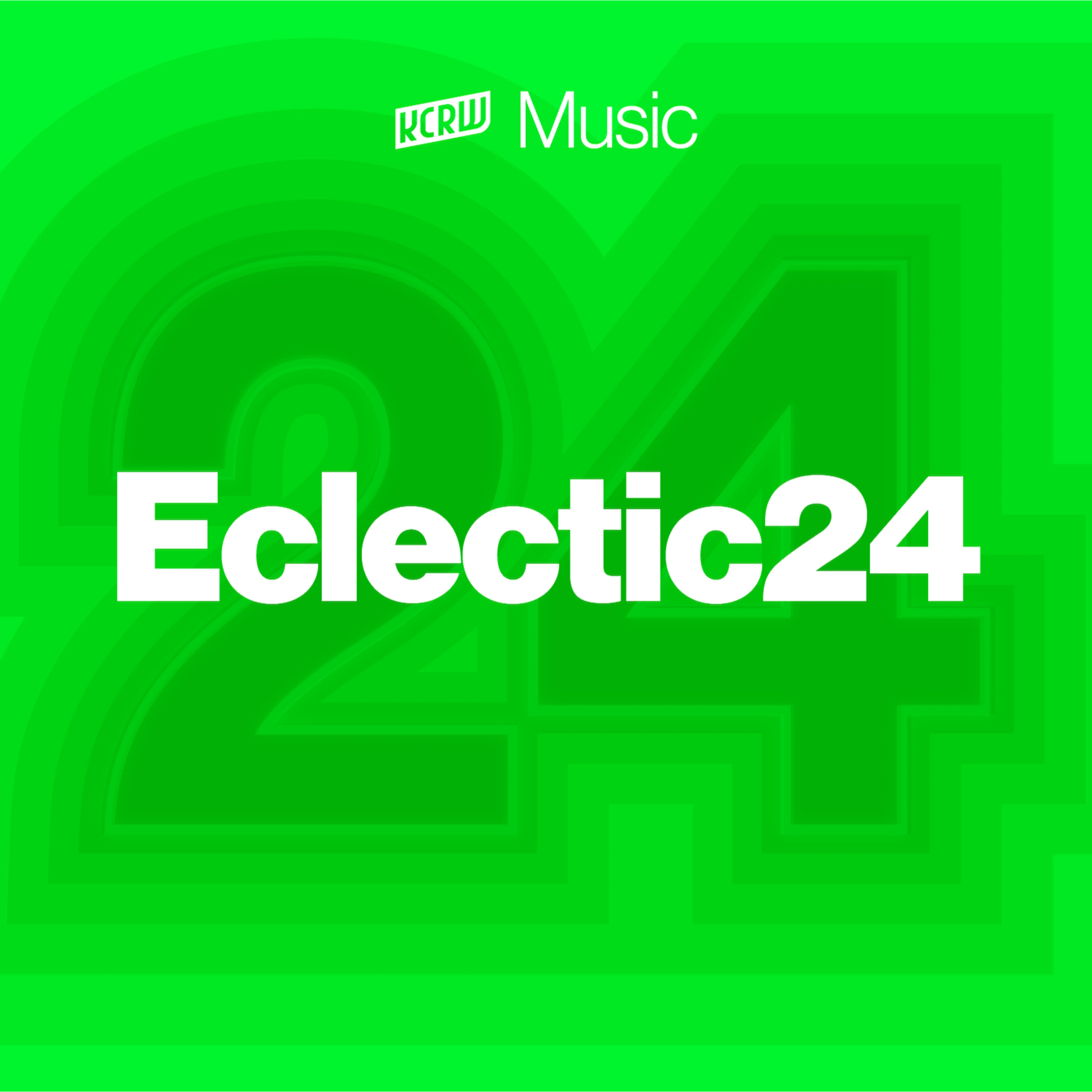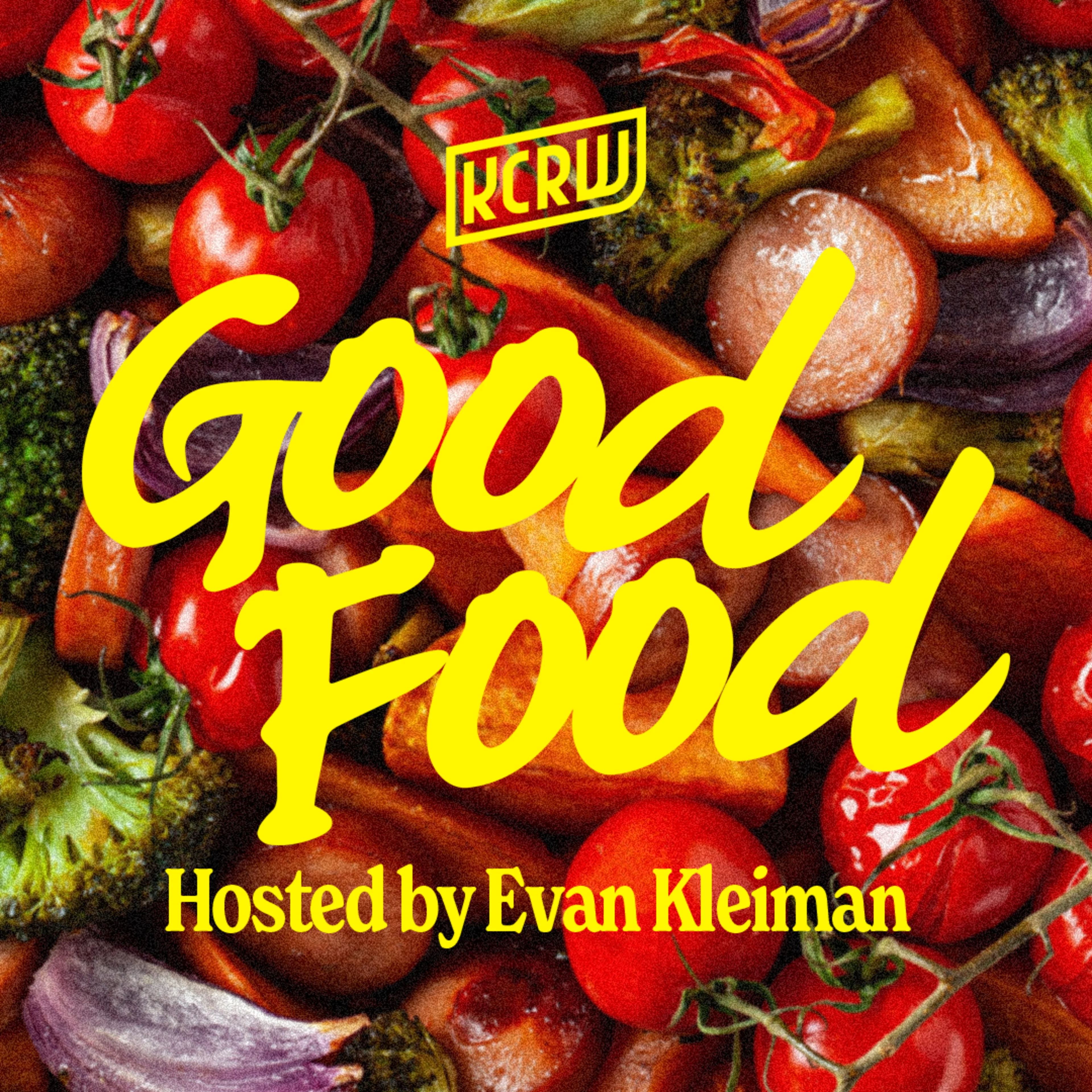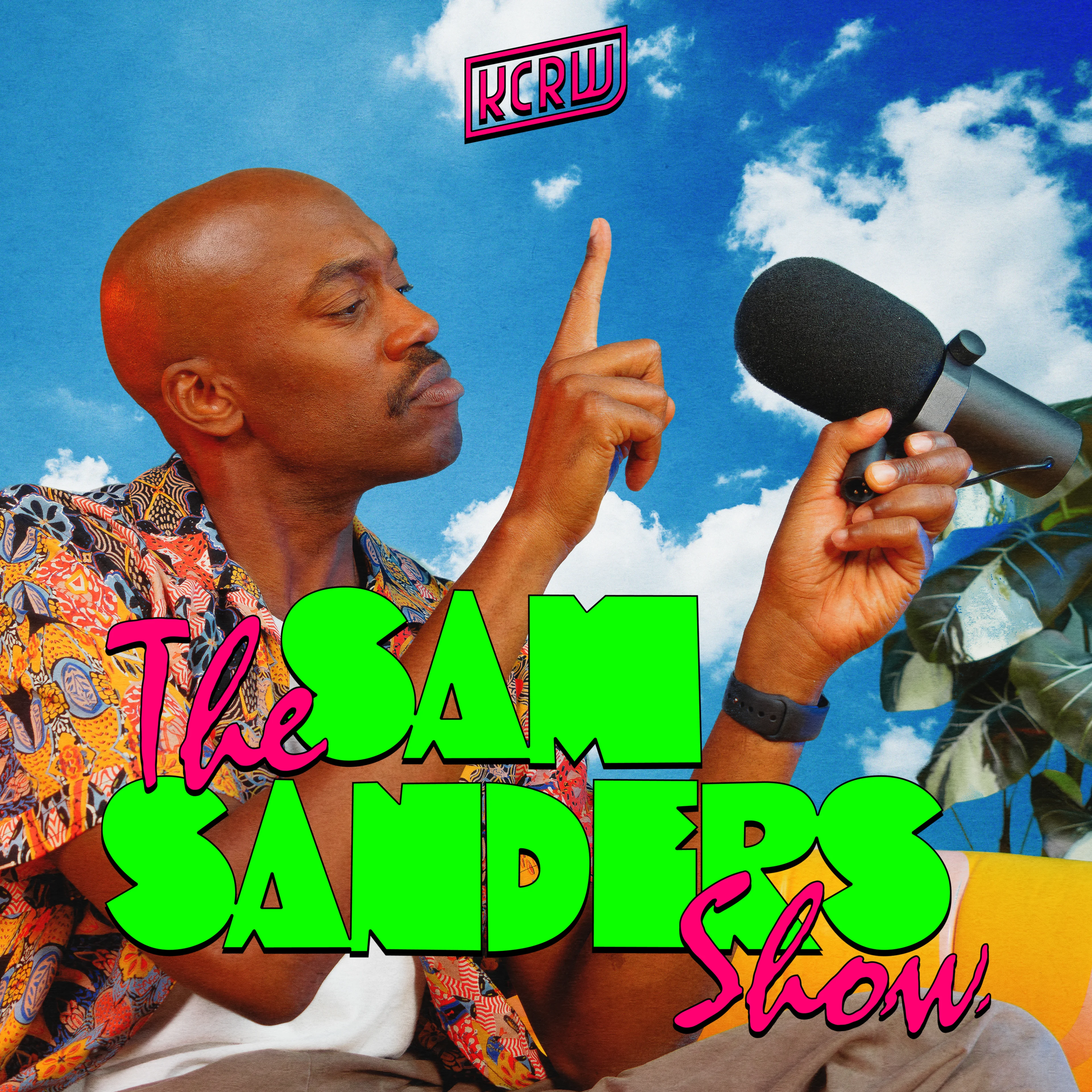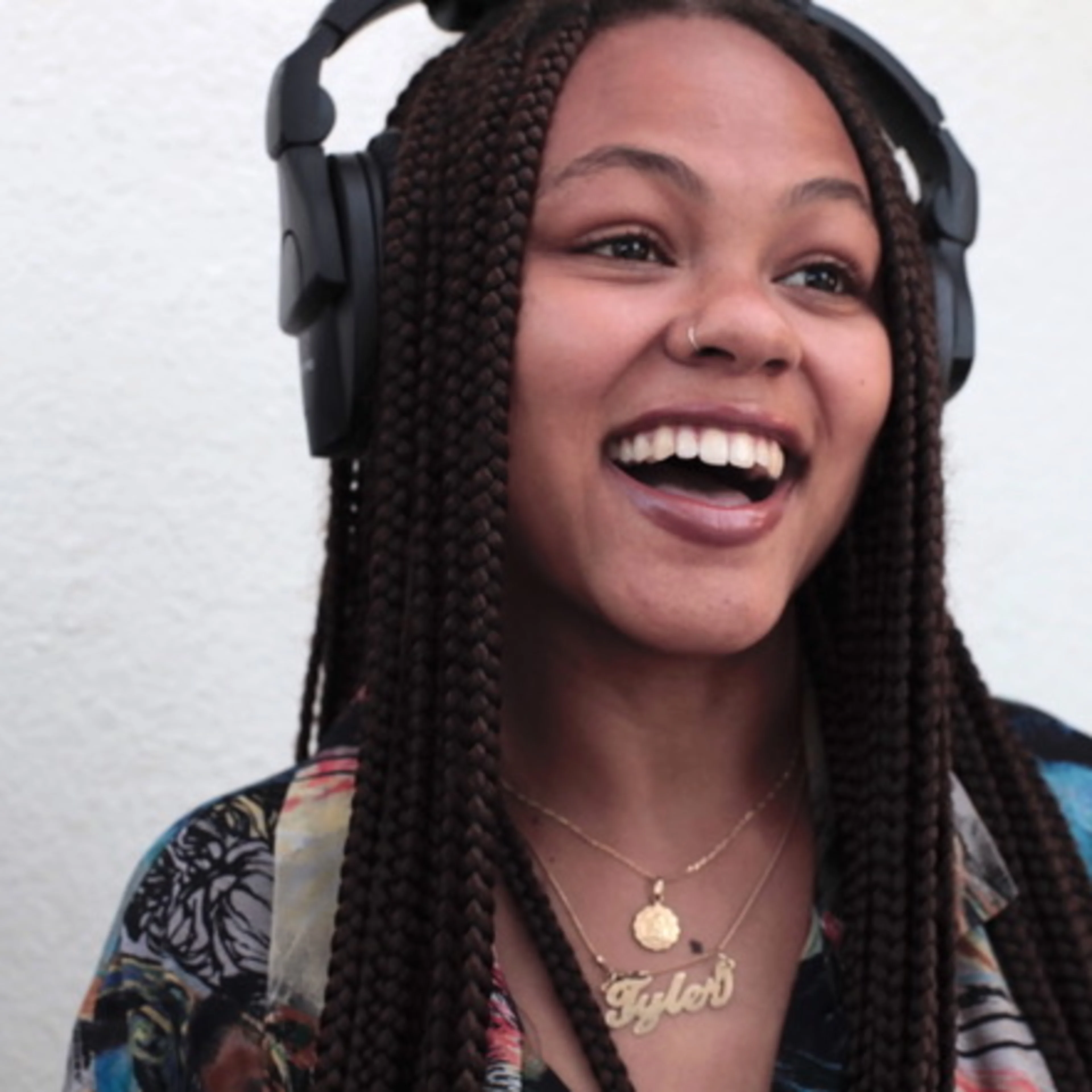Hip-hop breakthrough Genesis Owusu on racism, depression, and ‘Smiling With No Teeth’
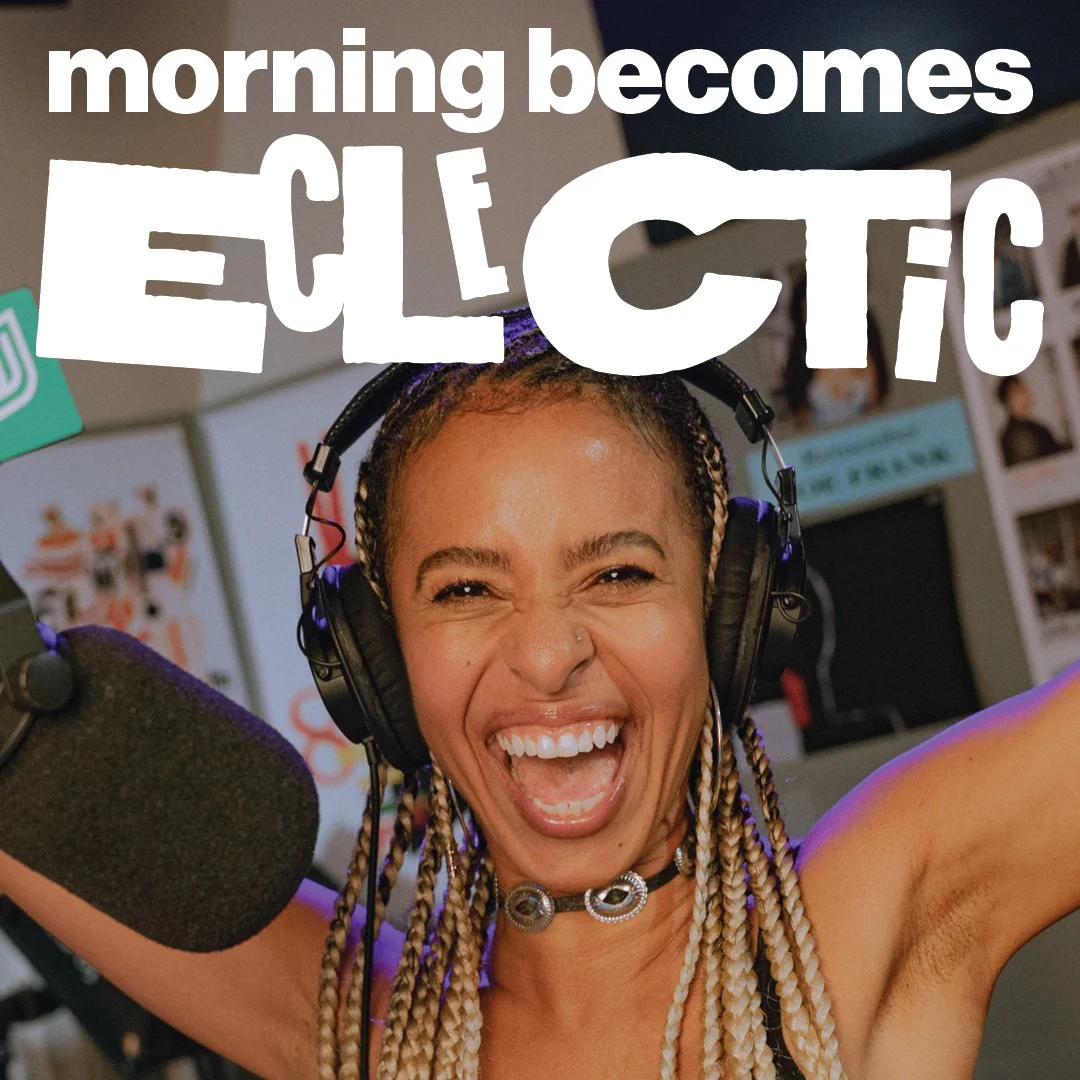
We don’t throw this phrase around too loosely, but hip-hop breakout Genesis Owusu is a true one-of-a-kind artist. Based in Canberra, Australia, with deep ties to his native Ghana, the musician born Kofi Owusu-Ansah has released a few choice singles over the years that tipped us off to a very promising new artist in the works. In particular, a clever single from 2018 called “awomen amen.”
Now we have finally bore witness to his debut album, “Smiling With No Teeth,” and it’s certainly among the best new releases of the year so far. The record is breakneck, cathartic confrontation with depression, racism, and the self, cast across a dizzying-yet-cohesive array of genres — gritty techno, punk, retro soul, and modern R&B among them — that has taken artists like Prince, Grace Jones, and Bowie entire careers to achieve. It’s a must-add to your collection — and we’re giving away five copies of the vinyl over at giveaways.kcrw.com.
Owusu joins KCRW’s Chris Douridas to talk the album’s roots and developing his sound, as well as deliver an exclusive live performance that goes straight for the jugular.
KCRW: Your song “Don’t Need You” has got this great release, even as a listening experience. Talk about the release that must come from writing a song like that.
Genesis Owusu: “I feel like sonically that song is probably the best example of that release. But to me, the whole album was that. ‘Smiling With No Teeth’ was totally a project of catharsis to me. As a music fan, I've always been an album guy. I've always loved the album experience. I've always loved big, cohesive, pop puzzle pieces ... that came together as one full piece, rather than a singles-driven type of project. As a musician, I've had to adapt to the era of singles and playlisting and stuff like that. But I'm really grateful that I've been able to make this and that it's been so well received.”
What were some albums that did that for you?
“Two big ones that jump out straight away are ‘To Pimp a Butterfly’ by Kendrick Lamar, and ‘Food and Liquor’ by Lupe Fiasco. ‘To Pimp a Butterfly’ came out when I was in 12th grade, and I studied that harder than anything I studied in school. It was so mesmerizing to me. So I've always been inspired by things like that.”
Can you take us through the thoughts behind the “black dog” references on the album?
“I went into the album knowing essentially what I wanted to talk about to a degree. I just wanted to get things off my chest, say things that I wasn't saying in conversation, and say it in my music. The two things I wanted to get off my chest, my two most weighty problems that I was experiencing at the time, were probably depression, and the effects of racism.
I've heard of the ‘black dog’ as a euphemism for depression. So that's how it started. But then, as I was going back through my memories, I'd realize I've been called the black dog as a racial slur. And I thought this one phrase was really interesting, in encompassing both of the things that I originally wanted to talk about. As I was writing, they became more than just static concepts, and they became characters. And I started writing them as characters with their own personalities, motives, goals, and desires.
That became much more exciting to me from a creative writing perspective, but also a lot more liberating for me in creating the sonics of an album, because now I've got this character as the internal black dog, which represents depression. And this character is trying to seduce you, to lure you in, make you its only one, as depression may feel like in some certain aspects. But in that, sonically, now I can create songs that sound sexy. Now I can create songs that sound fun and upbeat. The external black dog is very straight to the point, brash and blunt, and now I can create songs that sound aggressive and in-your-face. So the creation of these two black dogs as characters was really sonically liberating.”
You were born in Ghana and you moved to Australia when you were two years old. Your older brother Citizen Kay is also a celebrated musician and rapper in Australian. What does your family think about your careers?
“I definitely don't think that when my dad decided to move to Australia, he saw this path for us. But at the same time, my dad is my biggest fan. My biggest supporter. He is the type to send me articles about me that I haven't seen already. He'll be on his laptop at 3 a.m. sending me a Hungarian radio station who's reviewing ‘Smiling With No Teeth’ that I'd never heard of.”
Your brother was some years ahead of you working in the world of rap. What was it like coming up behind him as a younger brother and forging your own identity, musically?
“Initially, I didn't even want to start music, because my brother was already a musician and being a younger brother of five years, everyone kind of expects you to be in your brother's shadow. His name is Kojo and they used to call me ‘Mini Kojo.’ Like no, I’m my own person.
But he had hijacked our family home’s study and made it his own studio, so it was literally inescapable. Everyone in the house had to hear what he was making. He's a producer as well, and he was making beats one day and finally got me when I was walking past the study. He was like, ‘Here, rap to this beat.’ He'd been wearing me down for months prior to this. So I was like, ‘Yeah, whatever. I'll take it.’ I put it on my little mp3 player. Didn't write to it for about a week. I was listening to it in a public bathroom, of all places. Inspiration strikes in strange places, and it struck in a public bathroom. And I wrote my first verse there. We became a little duo known as the Ansah Brothers. Our last name is Owusu-Ansah. And we made music together for a while. We still make music together here and there.
In regards to forging my own path, aside from the type of music that he makes, it was quite easy for me. I feel like it's really just exciting for me to not stay in the same place, to try and jump out of things as quickly as possible and see what happens and experiment, which I feel like you could probably hear on the album too.”
Show Credits
Continue Listening
See All- Morning Becomes Eclectic
More Shows
Eclectic24
KCRW's all-music channel blending the collected talents and tastes of all KCRW's DJs into a single voice streaming 24 hours a day.Good Food
We’ll feed your belly and your curiosity.Live From
Intimate performances, fresh sounds, and candid conversations.The Sam Sanders Show
Big questions & hot takes on pop culture.Tyler "Boogie" Boudreaux
Part wax. Part digital. Pure heat.

